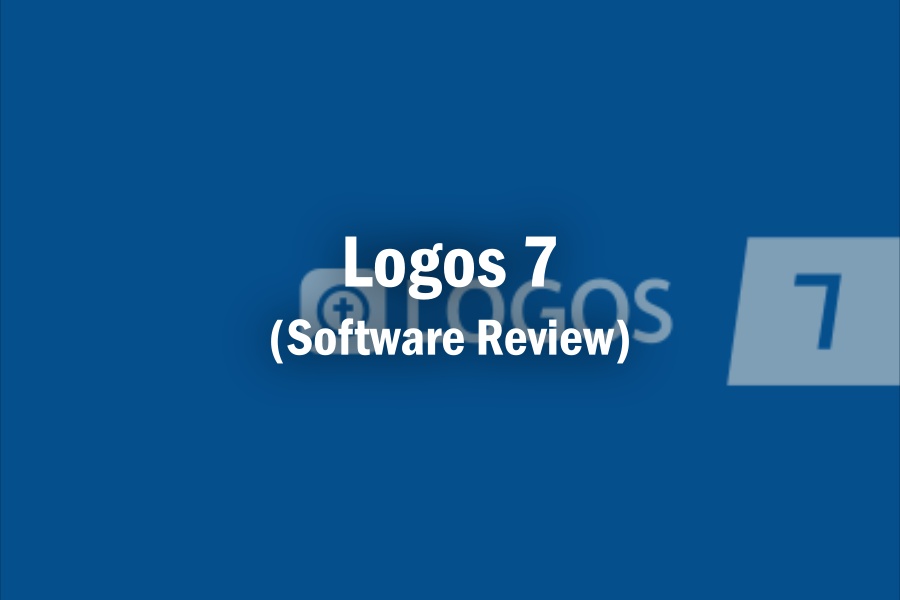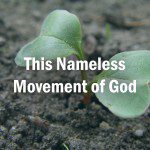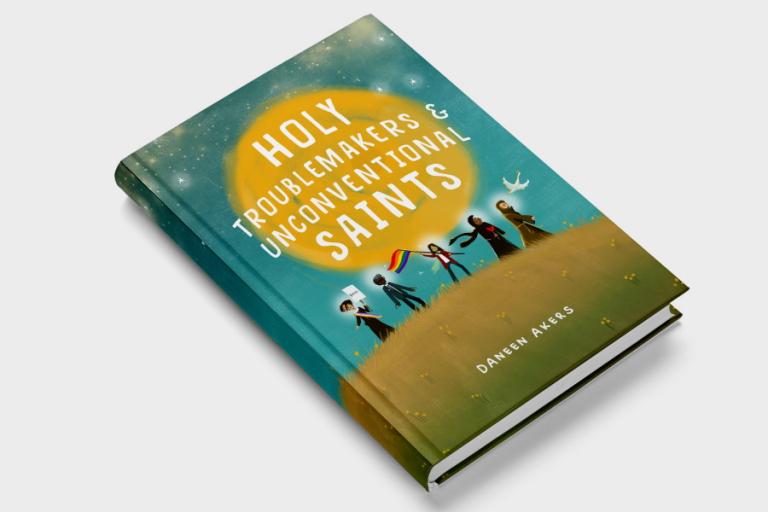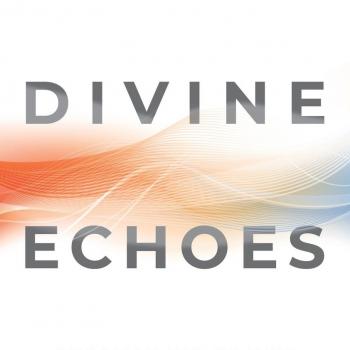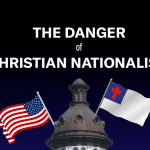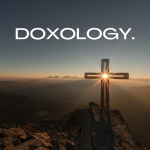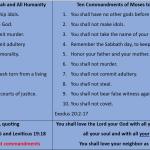In case you haven’t heard, Logos 7 has arrived. I’ve been using Logos Bible Software as my primary study tool since Logos 5, and I am convinced that it is the best option out there for building a digital theological library. It has far more content available than any of its competitors, and the resources are linked together in ways that make it incredibly easy to navigate and find what you’re looking for.
The easiest (and cheapest) way to fill your Logos library is to purchase a base package. Base packages include an assortment of all the various kinds of tools needed for in-depth study, and they come in a number of different sizes and theological traditions. You’ll pay way less for the resources in a base package than you would for them individually. But keep reading to learn how to get Logos free!
If you’re like me, drawing on many traditions of the church, you may find yourself wanting to combine multiple different base packages. (I was given the Logos 7 Standard Gold package for this review, but I also picked up the Anglican Bronze, the Orthodox Bronze, and the Methodist & Wesleyan Bronze packages on my own dime.) Thankfully, they’re all dynamically priced, which means that when you already own some of the resources from a previous purchase, your new base package will be discounted accordingly.
The base package traditions include Standard (which is basically Evangelical), Anglican, Baptist, Lutheran, Methodist & Wesleyan, Orthodox, Pentecostal & Charismatic, Reformed, Seventh-Day Adventist, and Verbum (Catholic).
[I’m still holding out hope for an Anabaptist & Quaker base package, but no such luck this time around. Any Faithlife folks reading this review? I’d be happy to help you organize such a package.]
But let’s focus on the Standard Gold base package. It comes with a total of 728 resources, but some of the highlights for me include the complete Ancient Christian Commentary on Scripture set, William Barclay’s New Testament commentaries (The New Daily Study Bible), the Tyndale Commentaries (including N.T. Wright’ volume on Colossians and Philemon), 13 volumes of the Pillar New Testament Commentary, the Anchor Yale Bible Dictionary, the Baker Encyclopedia of the Bible, 10 volumes from the “Classics of Western Spirituality” collection (including Celtic Spirituality and Early Anabaptist Spirituality), and a huge selection of writings from the Early Church Fathers.
These resources I’ve listed barely scratch the surface of what’s included, and they alone make the package an incredible bargain for the price. But you’re also getting scores of different Bible translations, a bunch of other commentaries, even more dictionaries and encyclopedias, biblical studies, devotionals, surveys, systematic theologies, courses, audiobooks, ancient-language texts, lexicons, atlases, and a ton of other resources, not to mention the powerful tools of the software itself.
Speaking of the software, it contains so many incredible features that I really don’t know where to begin. And this would be an extremely long review if I detailed them all. Since the folks at Faithlife have made some videos to showcase these features, I’ll just include a few clips here. (And feel free to check out the whole video tour.)
There really is no other way around it. Logos Bible Software is, in my opinion, simply the best in its field. If you want to be doing serious biblical and theological studies with cutting-edge technology, you need look no further.
But what about the price? Here’s how to get Logos free!
Did you know that Logos Bible Software is actually free? It’s true! You pay for the resources and datasets, but the software itself is free. Don’t believe me? You can go pick up the Core Engine for the software right now at absolutely no cost. (You may notice that it’s listed as Logos 6. That’s because Logos 7 has just launched. Give it a few months, and the Logos 7 Core Engine will be free as well.)
And then you can add the five-volume Lexham Intro Collection for an additional zero dollars. It includes a modern English translation of the Bible, a critical Greek New Testament, the acclaimed Lexham Bible Dictionary, study notes on the entire Bible, and a 365-day devotional—giving you all of the basic essentials to start your study.
Logos also provides a free book every single month. This month, it’s Craig S. Keener’s commentary on Romans. Verbum gives a free book every month as well, and even if you’re not Catholic, you’ll probably find many of them to be useful. For example, free right now is A.J. Maas’ A Day in the Temple, which is a reference work equally helpful for Protestants as for Catholics.
And there are many more freebies besides. By using special search criteria, you can easily see everything available free for Logos, as well as everything available free for Vyrso (ebooks that work in Logos).
But I want to reiterate that the base packages, despite their price, truly are an incredible value. You won’t find a better deal for all the resources contained within.
Do you use Logos Bible Software? What do you love most about it?
Disclosure: I used to work for Faithlife, the makers of Logos Bible Software, but I do not work for them currently. I received a free copy of the Logos 7 Standard Gold base package in exchange for an honest review. I do not receive any referral fees for Logos purchases made through this review. A version of this review also appears on the Christian Books Free blog.

